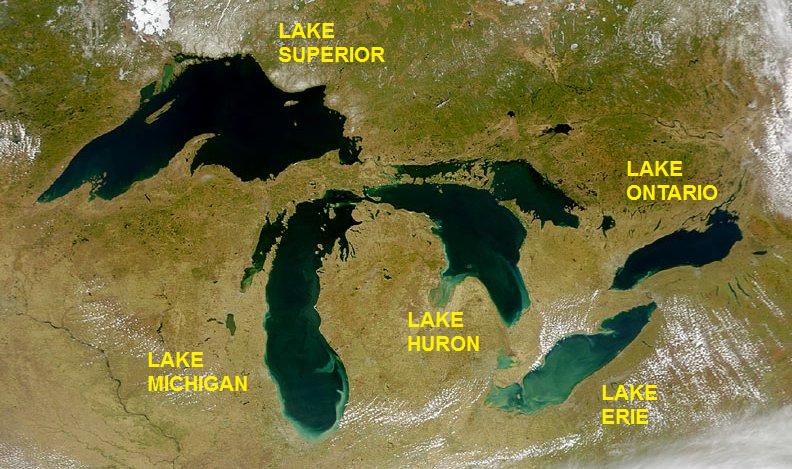The University of Michigan’s Graham Sustainability Institute announced on March 9 that it will provide $70,000 to researchers from the United States and Canada working to help Great Lakes communities adapt to changing water levels. The funding will be distributed through seven grants awarded to researchers from 16 universities and organizations on both sides of the border.
“The purpose of this project is to equip the region with a robust set of water level adaptive strategies that protect the ecological integrity, economic stability, and cultural values of the region,” said John Callewaert, director of the Graham Sustainability Institute’s Integrated Assessment Center.
According to a University of Michigan release, researchers will use the $10,000, six-month planning grants to study “policy options and management actions available to residents, businesses, and government officials in shoreline communities impacted by Great Lakes water level fluctuations.”
Two Canadian projects will receive funding through the grants. The first is a “Huron County shoreline planning proposal for an integrated assessment of water level fluctuations,” involving researchers from the University of Toronto and Environment Canada, focused on the Town of Goderich, Ontario.
The second involves “transformative scenario planning in Collingwood, Ontario, using enhanced visualization techniques.” This project will be conducted by researchers from the University of Prince Edward Island, the University of Waterloo, and the Ontario Water Center.
The University of Concordia is also participating in a project based in Milwaukee County and southern Ozaukee County, Wisconsin.









